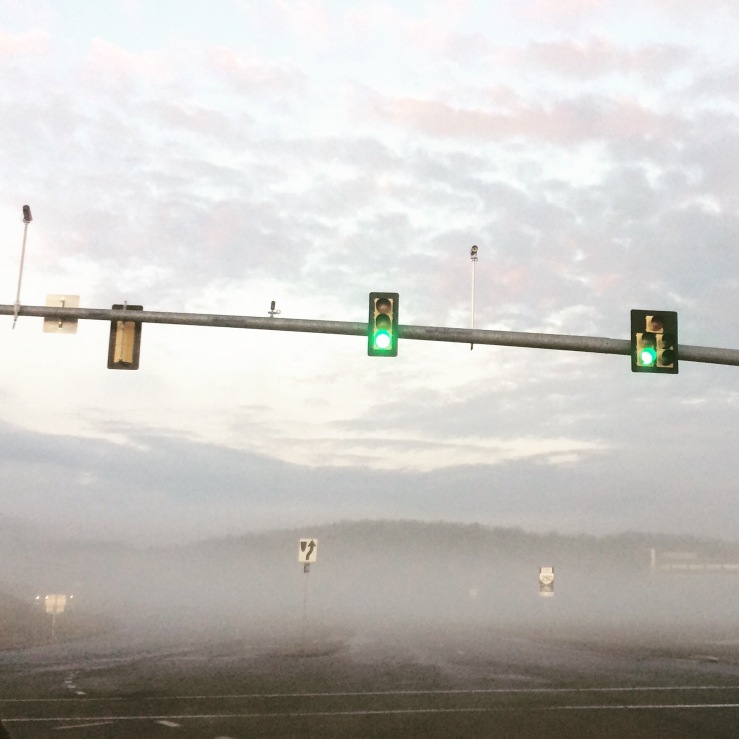
As a lot of my Twitter followers have probably guessed, I’ve recently been going through a bit of a David-Lynch-filmography-binge-watching marathon. And, as always, I’m struck by Lynch’s interest in taking ordinary objects and locations and investing them with layers of hidden meaning. Whether it’s his long, lingering shots of the windy forests that surround Twin Peaks or the strange little close-up shots of ceiling fans and traffic lights that serve as codas to close certain scenes, the world of Lynch is one in which mystery is conjured not by the extraordinariness of one’s environment, but rather by the suggestion of a dark, complex meaning hidden beneath the superficial surface of the ‘ordinary.’ Like Kyle Machlachlan’s character in Blue Velvet whose discovery of a severed ear in a field leads him on a terrifying odyssey to uncover the darknesses that lie hidden in his wholesome hometown, the eye of Lynch’s camera directs the viewer to deeply reconsider the very nature of banality; to read objects as symbols rather than mere ‘things’; to look beyond a surface and see a reality, whether that reality is dark or redemptive (or both).
I took this photograph a week ago, partly because the fog was magically eerie, but also because there was something in the prospect that really evoked that peculiarly Lynchian gaze. Fog has an uncanny way of robbing a familiar landscape of its comforting familiarity, and that very uncanniness put me in mind of Lynch’s method of having the viewer look long and deeply at what, under normal circumstances, might have earned little more than a glance.
Remember: the owls are not what they seem.
This post is in response to the State of Mind Photo Challenge.

“Fog has an uncanny way of robbing a familiar landscape of its comforting familiarity…”
I really liked that bit—I live in a foggy city and also have had some intensely surreal fog situations whilst driving cross-country.
I’m sure you’re well familiar with this scene, but this is a great write-up (not mine) of the Winkie’s Diner scene from Mulholland Drive. It’s a good dissection of what seems so simple yet is so damn effective, in that wholly Lynchian way.
https://roosterillusionreviews.com/2014/09/23/the-tuesday-zone-the-diner-scene-in-mulholland-drive-2001/
LikeLiked by 1 person
Thanks, I’ll give this a read! One of the things that I really love about Lynch’s work is how he operates on such a visceral, dream-like wavelength that listening to other people react to his work isn’t just fascinating on a communal level: it actually feels necessary to an understanding of what he’s trying to communicate. All the various interpretations of Lost Highway or the symbolism in Mulholland Drive, for example — many of them ideas that I would never have come up with myself — really enhance my enjoyment and comprehension of Lynch’s project. It’s almost as though his films create a kind of cabalistic collective unconscious that only the Lynchian cognoscenti understand. 😉
LikeLiked by 1 person